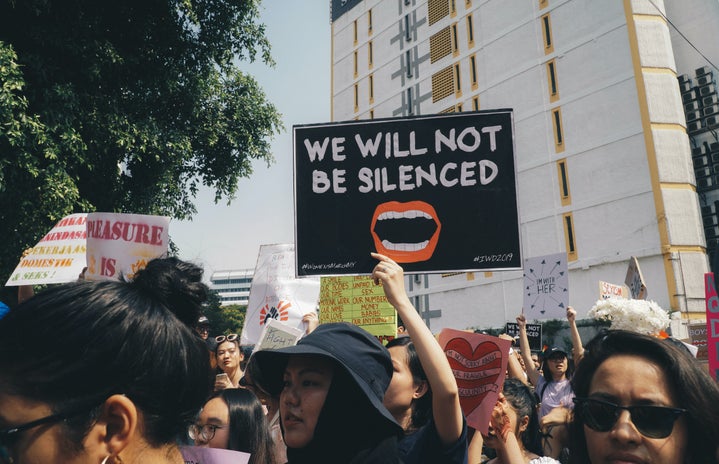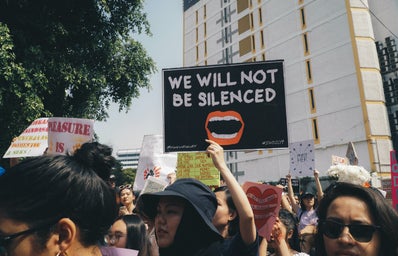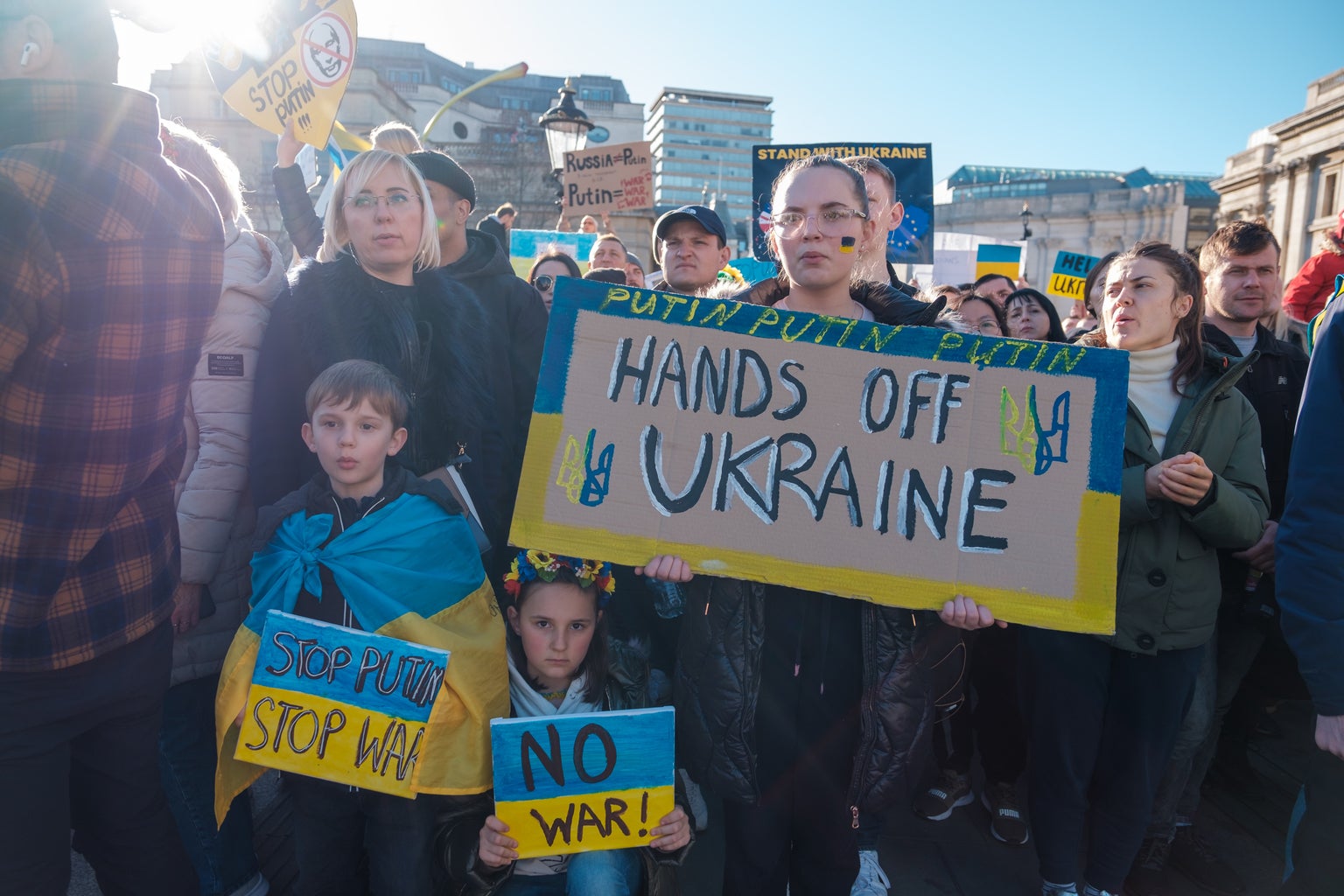What do you imagine when someone claims they are an “activist?” Personally, I think of someone who volunteers, goes to protests, or spreads awareness of a cause that they are passionate about. Cambridge Dictionary defines an activist as “a person who believes strongly in political or social change and takes part in activities such as public protests to try to make this happen.”
In the current digital age, bringing about social change can take many different forms– with one of them including the leveraging of one’s own social media platform. We see this done by celebrities and public figures for social issues they care about, but we also see it from our friends. I have many friends who post on Instagram to share the volunteer work they do or organizations they are part of. People also may comment on current events or specific social movements they consider important and close to their heart. However, when does the sharing of ideas and political beliefs go from informative to damaging?
There have been a variety of political movements which have received vast amounts of publicity; two notable events are the war in Ukraine and the Black Lives Matter movement. When the BLM movement (formed as a result of the George Floyd murder in 2020) began gaining serious social media traction, people began to regularly post about it on platforms like Instagram and Twitter. Between trending infographics and hashtags, the idea of “Blackout Tuesday” was eventually proposed. Blackout Tuesday was where Instagram users were instructed to post a black square to protest racism and police brutality: showing their solidarity for the movement. This trend began in the music industry when famous singers posted the black square, however was quickly adopted by regular Instagram users and the black square flooded the platform.
However, how does a black square stop racism and police brutality? How does showing support for a movement on social media actually improve the lives of oppressed individuals? How can the flooding of black squares on an instagram feed combat systematic racism that has run deep in America since its founding?
These were questions on many protestors and activists’ minds: Black Tuesday impaired the ability of informed people to relay information because critical news and resources were getting buried by the masses of black squares taking over hashtag channels pertaining to the movement. The act was considered to be overall more damaging than helpful, as the #BlackLivesMatter hashtag was no longer able to be used for people to find resources or information.
The intensity of Black Tuesday contributed to the notion that social media users need to consistently be posting and spreading awareness in order to be perceived as someone who cares. I believe this only contributes to performative activism; people now feel pressured to take a stance on situations they might be uneducated about in order to illustrate their empathy. Some people might even use the perpetuation of ideas and information on their social media platforms as a way to make themselves look better and seem more worldly.
Performative activism was also seen when Russia invaded Ukraine in 2022. As the war in Ukraine became widely known, news, graphics, and resources became a social media phenomenon. People were posting their opinions, condemning Russia, and reposting various infographics about what was happening. Social media became an echo chamber of users sharing the same posts about how what was happening was so horrible. Of course the invasion of Russian troops in Ukraine was horrible. The problem of performative activism arose, like during Black Tuesday, when it became a trend to tweet about the war, once again leading to the burial of critical information under the masses of tweets from people condemning the war, which had technically been going on since 2014.
The trend of taking to social media to discuss current events and repost Instagram infographics can lead to a quick spread of misinformation: an infographic containing incorrect or misleading information can quickly go viral. Infographics significantly contribute to performative activism– as you only see them getting reposted when a current event or political movement is a main topic of conversation as opposed to less mainstream news an individual might genuinely care about and want to spread awareness of. Many people really do care about and are affected by viral current events and political movements, but it is possible many people posting about these issues have no ties to them and didn’t take the time to educate themselves before reposting.
The most recent contributor to the performative activism trend, in my personal opinion, has been the Israel-Palestine war ongoing in the middle east. Many people I know personally, especially as a Jewish woman, have been negatively impacted by the events that have taken place. However, the irony in seeing posts about Israel from people who have actively made antisemitic comments to me in the past is astounding. What is currently unfolding is terrible, and should not be used by people on social media to gain clout or seem interested and knowledgeable about geopolitical issues.
We as a society need to reduce the pressure and the expectation of others to post about the latest news event. The pressure to post only fuels performative activism and misinformation; many people do not have the mental capacity to be consistently digesting and commenting on what is happening in the world. Doomscrolling, as defined by Cambridge Dictionary, is “the activity of spending a lot of time looking at your phone or computer and reading bad or negative news stories.” Constantly looking at and attempting to care about every terrible thing in the world is detrimental to mental health and ineffective at causing actual change. Instead, one should focus on specific issues they are passionate about and attempt to create change within those.
We need to move away from the societal trend where everyone must have an opinion on everything all the time while simultaneously modeling that care by posting on social media. Genuinely working to promote a cause or share information is vital – and I applaud those efforts– but I do not support the use of social media to improve self-image or shame others for not wanting to comment on something they lack expertise in. Social media can be a great agent for change, but only if we are using it correctly. Before you click repost on an infographic already flooding social media, take a minute to think: am I doing this because it will make a difference or because I want to appear like an informed activist?




